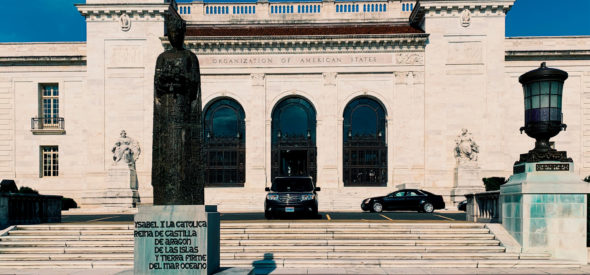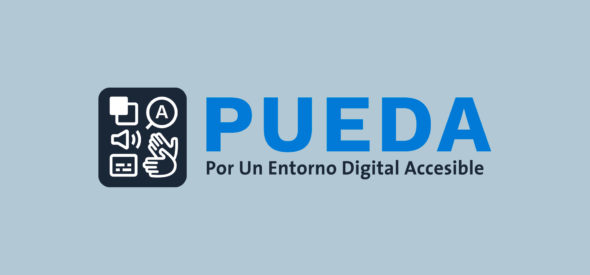PUEDA attends the Virtual University and Disability International Congress
Within ADC’s PUEDA – For an Accessible Digital Environment campaign, we participated in the International Virtual Congress of University and Disability, where we presented our research on access to information services and discussed the challenges, debates and proposals for building a common agenda in higher education and disability. The event, held between November 23 and 26, was organized by the National Autonomous University of México, University of Rosario (Colombia), the Autonomous University of Manizales (Colombia) and University Pablo de Olavide de Sevilla (Spain).
Our first participation was on November 23, with the presentation of the study “Access to information and communication services and people with disabilities – a regional diagnosis on digital accessibility in Argentina, Chile and Uruguay”, carried out jointly with the Disability Observatory of the National University of Quilmes. The talk was given by the academic coordinator of the study, who presented its objectives, methodologies and conclusions.
One of our findings was the considerable gap between the existing norms and the reality of portals and web pages, and a significant absence of regulation on the subject. In addition, it was detected that, due to the lack of knowledge on the issue, it is necessary to bolster user participation in the process of raising awareness of digital accessibility.
Our second input was on November 26, when ADC campaign member María Sol Abichain lectured on education and disability. The intervention was aimed at reflecting on digital accessibility as a right and pondering the incorporation of this principle in educational institutions and career training.
“The virtual world that opened to us during the pandemic can be considered as a vehicle that allows us to enhance learning instances. The challenge is to move through this online sphere with a disability and accessibility perspective, and for accessibility to be considered in a cross-cutting way so that this virtual realm becomes a means of guaranteeing access to education for everyone”, said the researcher.

